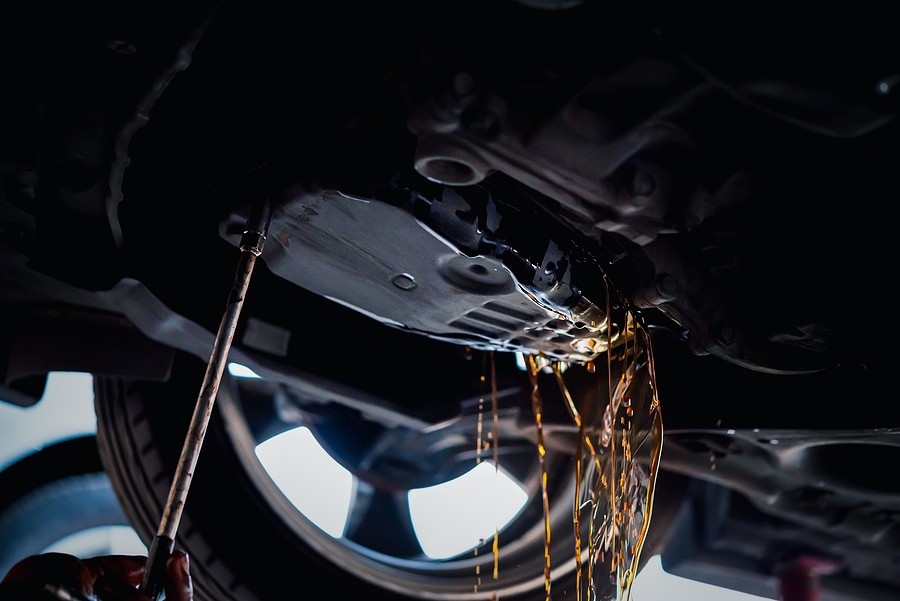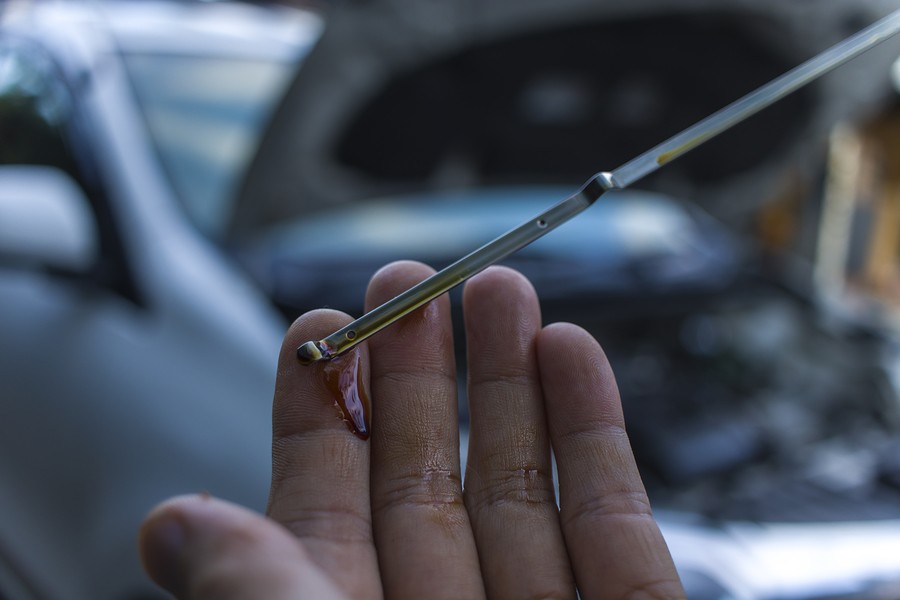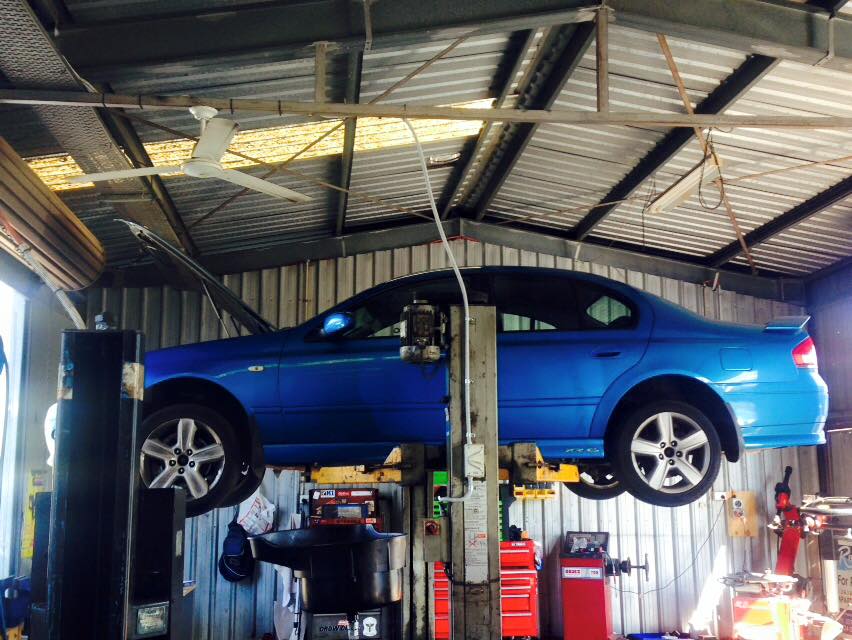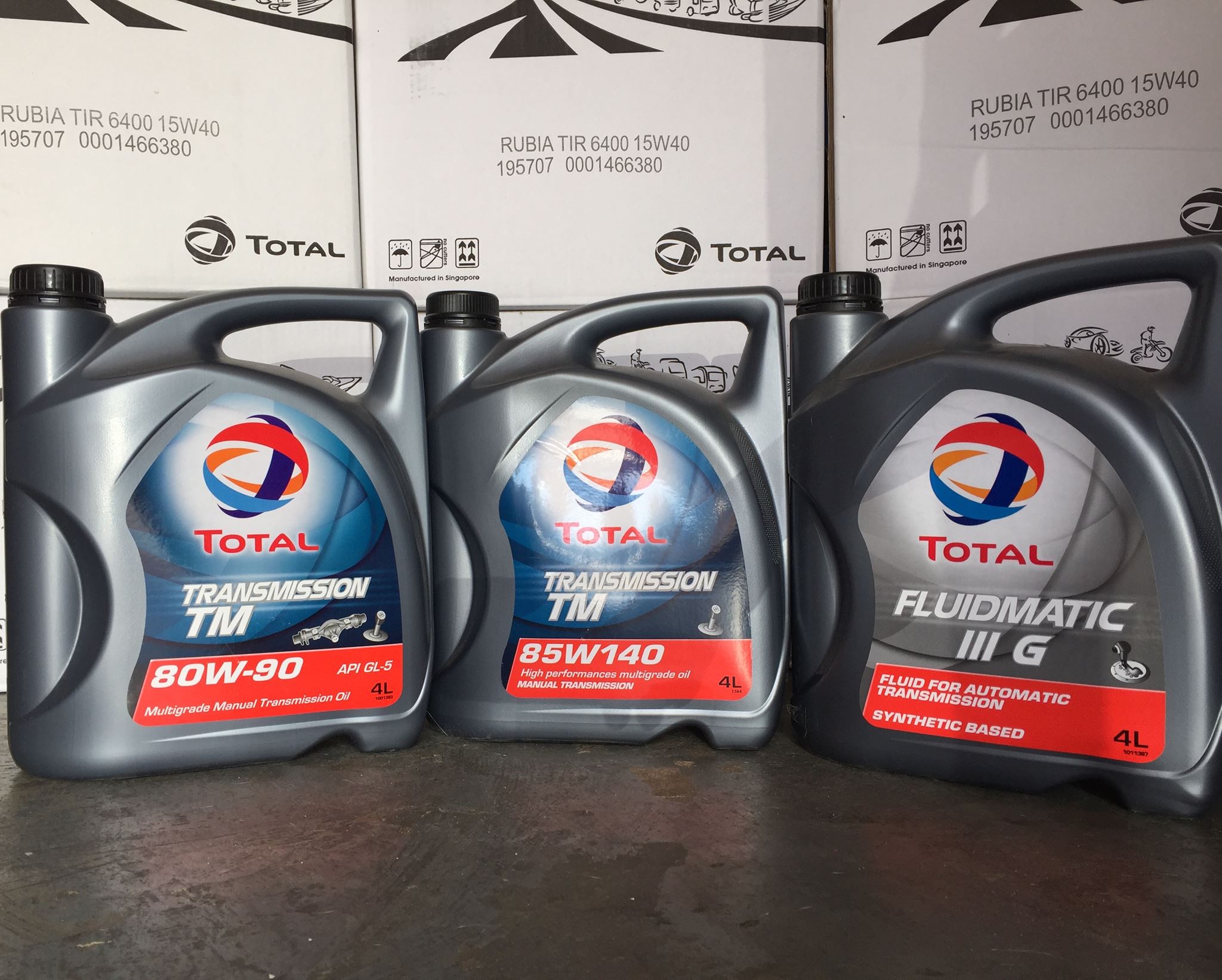If you're wondering, how often should I change transmission fluid? Depending on your vehicle owner's manual recommendations, you typically need to change it once every 30,000 miles or 60,000 miles.
Your vehicle transmission is a big component, and it's very expensive. Therefore, you need to understand all that goes into this component, so make sure it's going to serve you as long as possible.
Among the different regular maintenances, you need to maintain the transmission, you must perform transmission flush or change the transmission fluid.
Some experienced drivers know exactly when to change this fluid. But, many other inexperienced drivers might not know exactly.
This article provides you with all you need to know to help answer the question, how often should I change transmission fluid? It also gives you a rough estimate of how much it will cost to change the transmission fluid.

What is the transmission fluid, and what does it do
Before we dive into the details about how often you should change the transmission fluid, we must understand the purpose of this fluid and how critical it is to change it when necessary.
The transmission fluid plays a significant role in every vehicle. However, this role might differ significantly depending on what transmission you have on your car.
Let us take also look at the transmission role in vehicles equipped with a manual and an automatic transmission:
1. Manual transmissions
If you're driving a car equipped with a manual transmission, the transmission fluid becomes a significant fluid, and it plays a significant role that not only lubricates the transmission but also impacts its functionality.
In these manual transmissions, the system relies on hydraulic powers that are transferred from the location that provides the input to the areas where the output comes out pure in other words, if you don't have enough transmission fluids, you cannot drive your car. You will deal with all sorts of transmission problems.
2. Automatic transmissions
On the other hand, if you are driving a vehicle equipped with an automatic transmission, things get a little bit more advanced. In these vehicles, the car relies on means to control the transmission, which is why the transmission fluid purpose is limited to lubricating the entire components inside the transmission.
Of course, this lubrication is a significant job, and if there is not enough lubrication, transmission can overheat and might get self-destructed in no time.

How often should I change transmission fluid?
According to automotive experts, you must change the transmission fluid at least once every 30,000 miles to 60,000 miles. This range might sound a bit wide, but it depends heavily on your vehicle type.
That is why you must go back to your vehicle owner's manual and read the details because it will specifically say what exactly you have to change the transmission fluid.
Keep in mind that there are some instances where you might need to change the transmission fluid way before the 30,000 miles, especially if you are dealing with some problems you can detect through the common Symptoms we will discuss in the following section.
Symptoms you need to change the transmission fluid
Although we mentioned that you need to change the transmission fluid between 30,000 miles and 60,000 miles, there are some situations where you might be dealing with one of the following symptoms that forces you to change the transmission fluid immediately:
1. Gears slipping
One of the first things you must pay attention to is when you're dealing with slipping gears. This situation refers to where you try to switch gears and your vehicle keeps returning to the original gear. This is not a good condition and might result in severe scenarios that could put your safety at significant risk.
Some many potential culprits that could cause your gears to slip. Therefore, your mechanic needs to perform a third inspection and confirm that the problem comes from a dirty transmission fluid that requires a flush.
For example, there are many instances where you are dealing with slipping gears because of a problem with the transmission itself or because of a faulty clutch.
2. Troubles shifting gears
In addition to the slipping gears, you might get to a point where you cannot shift gears at all. Unfortunately, this is a widespread problem in vehicles equipped with manual transmissions where you must switch gears.
The problem can be incredibly significant if you try to set your car at the park and realize that it is not staying at that gear. Of course, these symptoms should be very alarming, and you must consult your mechanic immediately before you get into further complications that could put you at risk of car crashes.
3. Vehicle stalling
Another important thing to pay attention to is when your vehicle keeps stalling. Again, this is a broad problem and might be linked to many potential culprits. However, as you're checking your list for what's going on in your car, look at the transmission fluids and confirm that's not very dirty.
You could also check your vehicle's owner's manual and see if your past due for a transmission flush could be a potential culprit for vehicle Stalling.
Vehicle stalling is never an OK situation. It is profoundly serious, and you cannot control it in severe scenarios. Therefore, if it happens one or two times per month, you do not want to wait until it is a persistent problem throughout your day.
In general, the earlier you detect these problems, the cheaper it is to fix them and the easier for your mechanic to identify the potential culprit and fix it without needing to replace major components.
4. Grinding noises
Finally, when you hear weird noises from the transmission, you should not ignore the problem because it could be linked to a significant issue inside the transmission.
As a row of thumb, whatever noise comes from your vehicle should be taken seriously because it is a way for your car to bring your attention to internal problems.
When you hear the grinding noise happening every time you engage the transmission, it could be a problem related to a dirty transmission fluid that requires a flush.

How much does it cost to change the transmission fluid?
Once you understand that your vehicle is due for a transmission fluid flush, the next step is to get a sense of how much it will cost you because this is also an essential element, especially if you cannot afford expensive repairs.
Depending on your vehicle's type and the location where you get the job done, you might want to pay somewhere between $80 and $250 for changing the transmission fluid.
You must select the location to get the repair done carefully because you do not want to introduce any mistakes that could cause problems and require additional repairs you don't need to deal with.

Should I change transmission fluid after 100K miles?
It all depends. As we mentioned earlier, changing the transmission fluid depends on when was the last time you performed a transmission flush. In other words, if you change the transmission at 70,000 miles, then you are at the right time, and your vehicles do for a transmission fluid flush.
However, if you change the transmission at 90,000 miles, it could be a little bit early for you to perform this flush.
Things can be a little bit challenging to know if this is not your vehicle and you just purchased it as a used car. However, you can track some of the documentation and ask the original owner to see when you must change the transmission fluid.
If you failed to determine the last time this vehicle's transmission fluid was replaced, you could easily talk to her mechanic can look at the fluids and determine whether it's due for replacement or not.

Should I get a transmission flush or change?
Another common maintenance might confuse many inexperienced drivers when it comes to changing distribution fluids. There is a significant difference between transmission change and transmission flush.
When we are referring to transmission change, it's a process where your mechanical places some of the transmission fluids with a fresh one, and the process of your vehicle works just fine without any major problems tearing apart; however, that transmission flush refers to a complete change to every single drop of transmission fluids inside your car.
This process is much more expensive, but it guarantees that it doesn't leave any dirt inside the transmission system and provides you with a way better transmission performance.
Before you decide on the transmission flush, you might want to talk to your mechanic and see if it is worth it at this point or not.

Will changing transmission fluids help to shift?
In general, changing the transmission fluid if it's dirty will immediately make a huge difference in the way your vehicle shift spirit; however, I come if you originally had a clean transmission fluid and you're dealing with a shifting problem, but the problem could be related to other faulty components that might not necessarily be linked to transmission fluid.
Therefore, the impact and the results of your transmission flush depend heavily on the actual situation and whether the fluid was clean or not.
Therefore, before you assume that you can fix all transmission problems through a transmission flush, talk to your mechanic and see if he can detect other faulty components that you should be taken care of first.
Is it OK to change transmission fluid without changing the filter?
Yes. Changing the transmission fluid is not changing the oil, typically associated with changing the oil filter. Therefore, many manufacturers do not recommend changing the transmission filter every time you perform a transmission fluid change.
We highly encourage you to look at the vehicle owner's manual and learn about the frequency of changing the transmission fluid filter because it is not the same frequency as changing the transmission fluid.
This is because the transmission fluid breaks down much faster than the time the filter needs to break down. However, this is not the same scenario regarding oil changes. That is why your mechanic will immediately change the oil filter every oil change.

Final thoughts
The transmission fluid does not last forever, and there will be a point where you must change it to ensure that your transmission is operating properly.
Typically, you need to change the transmission fluid once every 30,000 miles to 60,000 miles depending on your vehicle type and manufacturer.
We provided you with all details you need to know about the frequency of changing your transmission fluids. Still, we highlighted some of the symptoms that should encourage you to change the transmission fluid immediately even if you did not hit the 30,000 miles.
If your mechanic confirmed that your car has many problems that require you to change transmission fluid often, it might be worth investigating whether you should sell your vehicle rather than wasting your energy back and forth at the repair shops.
If you want to sell your vehicle at any point, Cash Cars Buyer can be a huge help!
Cash Cars Buyer is one of the top-rated car removal companies in the nation that guarantees to pay you the top dollars and provide you with free towing despite your living location around the United States.
Our process is very straightforward and doesn't take more than a couple of days to get your car removed safely and for the most money.
All it takes you is to:
- Describe your car's type and condition
- Receive our instant free quote
- Accept the quote
- Get your car removed and receive your cash payment on the spot!
To learn more about our process and our team, you can reach out to us by calling us at (866) 924-4608 or by visiting our home page click on the free instant online offer.



